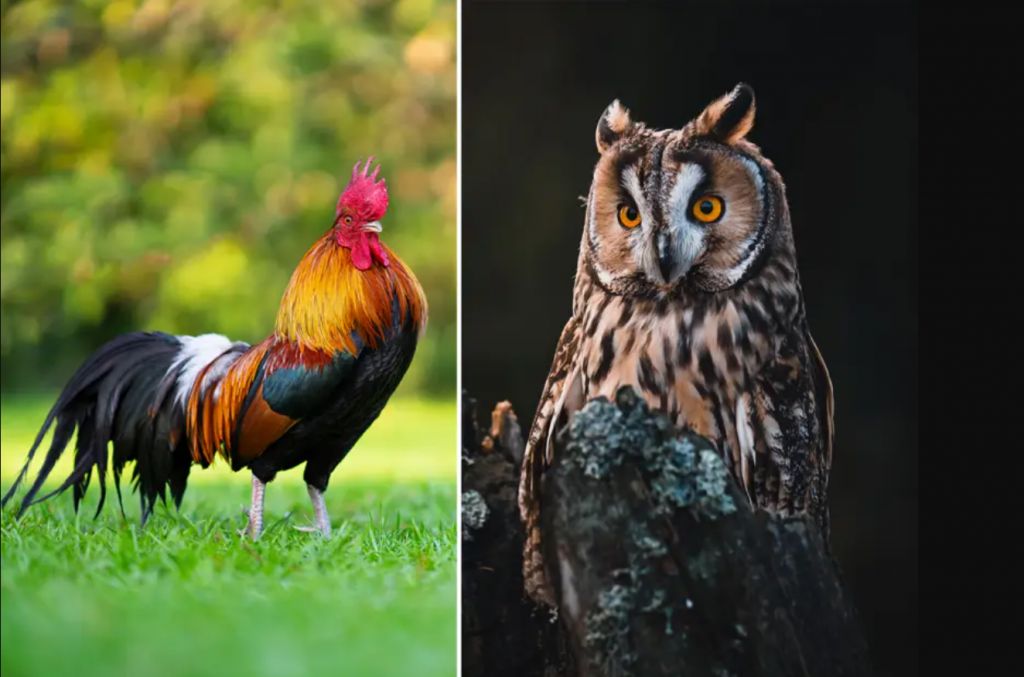
You might be wondering why it matters whether you're an early bird or a night owl—after all, you still have to get up in the morning and face the day, right?
If the hustle has turned you into an early bird, but you find yourself grumpy and exhausted, this article could shed some light on why.
If you often stay up late and struggle to rise early, you're likely a night owl. But if you wake up refreshed at the crack of dawn, you might be an early bird.
Before you rush off, though, there's more to it. Each lifestyle comes with its own set of pros and cons, so it's important to understand where you fall.
ALSO READ: Why you’re tired all day but can’t sleep at night
Early birds tend to:
Go to bed early
Wake up early
Have more energy in the first half of the day
Night owls tend to:
Stay up late
Wake up later
Have more energy in the second half of the day
Are You an Early Bird or a Night Owl?
Early birds are usually more energetic and productive in the morning, while night owls shine in the evening and night.
Night Owls: Pros
Studies suggest that people with higher IQs tend to stay up later, linking intelligence with nocturnal habits.
Night owls have an impressive ability to focus for longer and stay alert well into the night, making them productive for tasks requiring prolonged attention.
Night owls often outperform early birds in terms of overall output. Although they sleep longer, they tend to work efficiently during late hours, fueled by bursts of energy when others are winding down.
ALSO READ: 7 signs you're sleeping too much
Cons
Night owls experience social jetlag—misalignment between their sleep schedule and societal norms—which can lead to mood disorders, including depression.
Night owls can find it difficult to participate in activities outside of work, such as grocery shopping or socializing, as their late-night routine conflicts with others' schedules.
Early Birds: Pros
Early birds often perform better academically and in their careers. Their schedules align with societal norms, giving them an edge in school and work settings.
Studies show that early birds are proactive problem-solvers, anticipating issues and planning ahead, which makes them efficient workers.
Early risers generally enjoy better health, exercising more, sleeping better, and facing a lower risk of conditions like depression, diabetes, and cardiovascular disease.
Cons
Early birds start strong but don’t get a burst of energy as the day progresses. This can lead to fatigue and lower productivity as the day goes on.
To function properly, early birds require a solid night’s sleep. Without it, they may experience fatigue and be more prone to taking naps.
So, which one are you?
ALSO READ: Here are the top 6 tips that will help for a better sleep every night